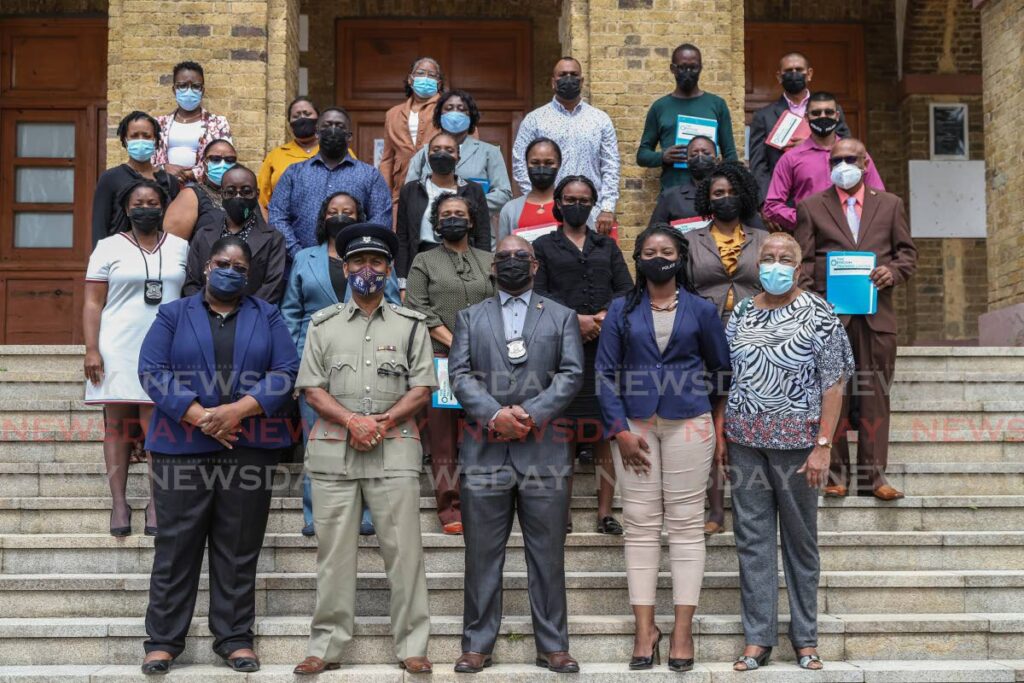Talk first, then protect and serve

It was heartening to see acting Commissioner of Police McDonald Jacob on the steps of the Police Training Academy with a group of 31 officers who completed conflict-resolution training.
It's an important acknowledgement that in policing, enforcement should always follow case assessment and in many potentially escalating situations, the best intervention is measured, attentive conversation.
In Jamaica, there's a delightful expression of the idea in the idiomatic phrase, "Come, let us reason together."
This first cohort of trainees have a responsibility to first, implement what they have learned in the field by demonstrating the effectiveness of communication driven by empathy.
But they must also become evangelists of an approach driven by reason and compassion to their fellow officers.
A nuanced approach to human relationships becomes even more critical in domestic violence situations, when officers are often called on to demonstrate uncommon patience and understanding in managing often complex situations.
In just the last two months, two murder-suicides in fractured families have stunned communities in Barrackpore and Embacadere.
While the Gender-based Violence (GBVU) and the Victims and Witness Support units are specifically tasked with addressing these matters, more can be done to defuse matters before they escalate.
A police presence that's sensitive to early signals of domestic violence is a welcome addition to the response capacity of the service.
The acting police commissioner is also keen to ensure that his officers work to shed outdated perceptions of gender roles by working proactively to sensitise his officers to the need to respond equitably to domestic violence reports filed by men.
There are between 40 and 60 homicides annually that are directly attributable to domestic violence, while as many as 130 each year begin in domestic altercations, which include land disputes and other family differences.
Officers should be encouraged to engage with the communities that they monitor, and to establish the respected, reassuring presence that beat cops built in neighbourhoods while on patrol.
In November 2021, the GBVU brought the 16 days of activism against gender-based violence home to the police service, suggesting a willingness to encourage a new profile for police officers who embrace new perceptions of the role they might usefully play in addressing domestic violence situations.
In this, officers provide service to the society as well as enforcing the rule of law.
But Mr Jacob must be aware that all his officers aren't the right people for this role and that his divisions must have the right mix of talent and intuition to meet the new challenges they are being asked to engage.
The ambition of all officers on duty must be first, to do no harm in these difficult situations and to ensure that all who need protection are served.

Comments
"Talk first, then protect and serve"